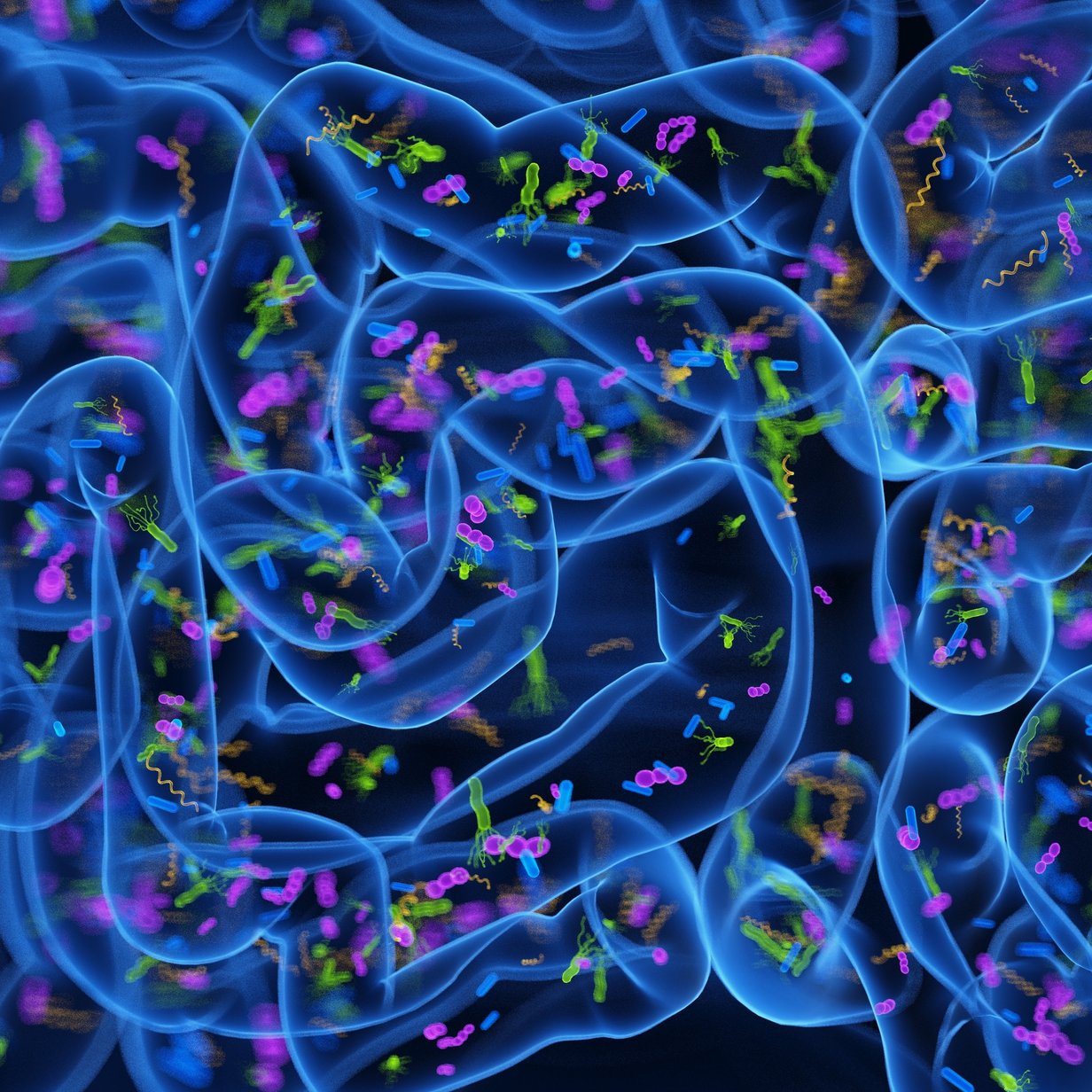Why Prebiotic Fibre Structure Matters
Prebiotics are an excellent way to support gut health and overall wellness, but not all prebiotics are alike. Their potential health benefits depend greatly on the molecular structure, or specificity, of the prebiotic fiber and the gut microbiota composition that varies between individuals.

What are Precision Prebiotics and why does fiber structure matter?
Find out what precision prebiotics are and how they help improve gut microbiome health. It also explains why the structure of fibers matter for the impact they have on your gut microbiome ecosystem and health.

Is Your Prebiotic Fast Food or Fine Dining?
The gut microbiota consists of around 100 trillion bacteria, encompassing approximately 1,000 different species. The microbiome, intestinal barrier, immune and enteric nervous systems interact with each other constantly to detect, identify, digest or react to everything that passes through the gut.
The molecular structure of an ingested prebiotic fiber, determines its specificity and thus the manner of its fermentation by bacteria. A simple molecular structure has a low specificity and can be utilized easily by most of the bacteria in the gut - resembling fast food, whereas a more complex molecular structure, like that of Benicaros, resembles fine dining for the gut microorganisms.

The Fermentation Race
In the fiercely competitive gut environment, gut microorganisms compete for limited nutrients. Prebiotics resist digestion by human digestive enzymes. Rather, they are fermented by gut microbes, a process which produces short chain fatty acids (SCFAs) that nourish gut bacteria. Most prebiotics are fairly simple structures that can be fermented by many different microorganisms. It’s like fast food, resulting in race to ferment between both beneficial and non-beneficial bacteria. The resulting health benefits will depend on the preexisting composition of the gut microbiota, making their overall impact highly variable. High specificity fibers, that are complex in structure and uncommon in the diet could be considered an ‘acquired taste’ as they are only eaten by a few bacteria. This can result in a very limited positive impact on the gut microbiome composition.

Precision Prebiotics Validated
Benicaros® has a structure complexity that’s just right for a selective stimulation of a diverse range of beneficial microorganisms present in the gut of most people. Consequently, Benicaros ensures robust, consistent and predictable gut health benefits.
Recent research confirms the importance of prebiotic fiber specificity to achieving targeted gut health benefits. Most recently, NutriLeads conducted an ex vivo study with 24 human subjects utilizing SIFR® technology, a validated gut digestion and fermentation simulator, to measure changes in gut microbiota composition and function. They study evaluated the impact of three prebiotic fibers: inulin (low specificity), Benicaros (medium to high specificity) and xanthan (high specificity). The results confirm that only Benicaros consistently enhanced the growth of targeted beneficial gut bacteria across all subjects and improved the composition of their gut microbiota. Download our whitepaper on gut microbiome health below to find out more.




